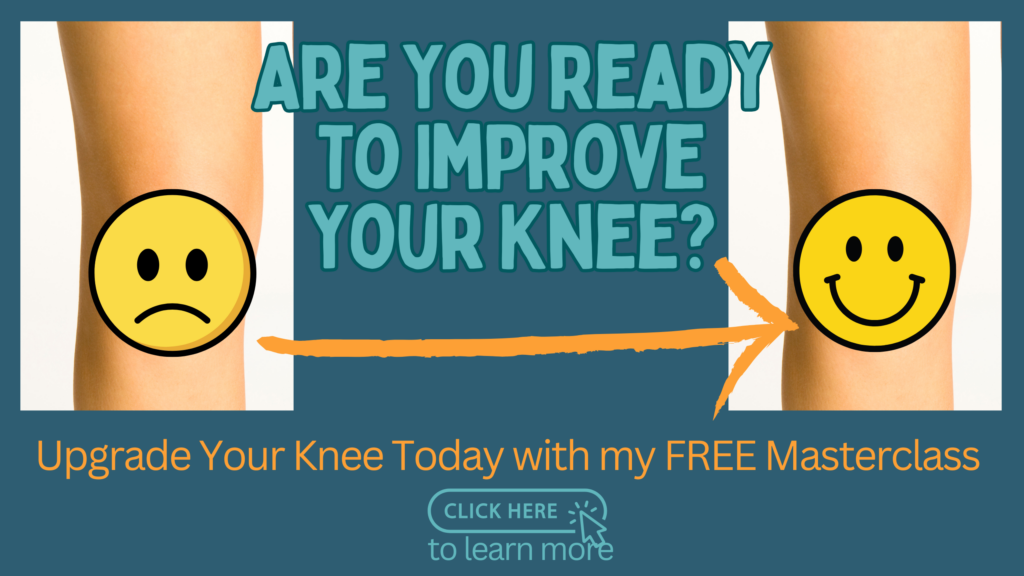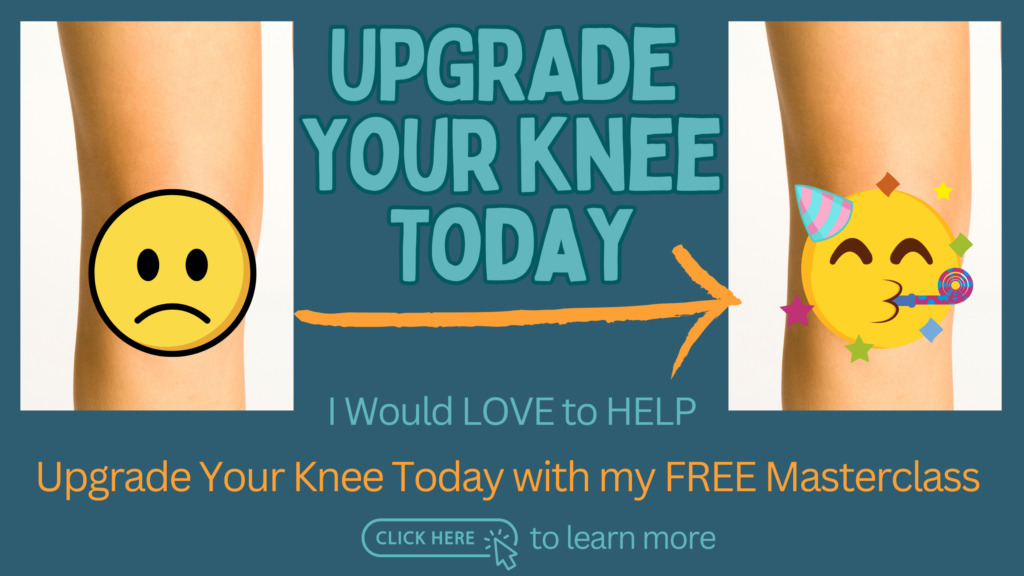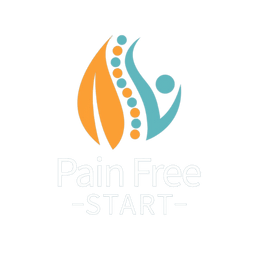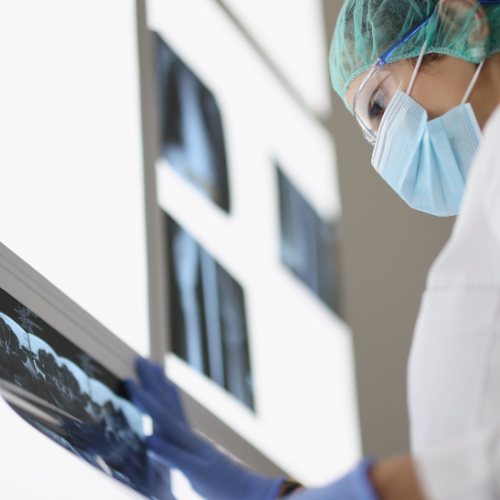Introduction
Knee pain can be unsettling, especially when it flares up unexpectedly. If you have arthritis or chronic knee issues, it’s common to experience temporary increases in pain. But how do you know if it’s just a flare-up—or something more serious that needs medical attention? Understanding the difference can help you take the right steps toward relief without unnecessary stress.
What Is a Knee Flare-Up?
A knee flare-up is a temporary increase in pain, stiffness, or swelling that usually happens due to overuse or increased activity. These episodes can be uncomfortable but typically subside with proper self-care.
Common Causes of Knee Flare-Ups:
- Overactivity or exercise changes – Doing more than your knee is ready for.
- Inflammation spikes – A normal response in conditions like osteoarthritis.
- Stress and poor sleep – Can make the nervous system more sensitive to pain.
- Weather shifts – There is no robust evidence to support this but anecdotally cold or damp weather seems to increase stiffness and discomfort in many people.

Signs It’s Just a Flare-Up:
- Pain is familiar and similar to past episodes.
- The knee feels achy but improves with rest, gentle movement, or ice/heat.
- Swelling is mild and doesn’t worsen dramatically.
- No new injuries or unusual symptoms are present.
- The pain improves within a few days to a week with self-care.
When Knee Pain Might Be Something More Serious
While flare-ups are common, there are times when knee pain signals a more serious issue that requires medical attention.
Warning Signs to Watch For:
- Sudden, severe pain – Especially if it happens after a trauma – like a twist, fall, or direct impact.
- Inability to bear weight – If standing or walking is unbearable, it could indicate a structural injury.
- Significant swelling and heat – Rapid swelling, redness, or warmth could indicate infection or an acute injury.
- Locking or catching sensation – If your knee gets stuck or won’t fully straighten, a cartilage issue (like a meniscus tear) might be involved.
- Pain that doesn’t improve – If symptoms last more than two weeks with no relief, it’s worth getting checked.
- Pain with fever – This could indicate an infection that requires immediate medical attention.
- Pain with unexplained weight loss – This may signal an underlying systemic issue that needs further investigation.
- Persistent night pain – If knee pain is waking you up regularly, it could indicate something beyond a flare-up, such as an underlying inflammatory or systemic condition.
What to Do Next?
If your knee pain feels like a flare-up, focus on gentle movement, pain management, and gradual return to activity. Here’s what can help:
- Relative rest but don’t stop moving completely – Light movement helps circulation and reduces stiffness.
- Apply ice or heat – Ice for inflammation, heat for stiffness.
- Modify activity – Avoid aggravating movements but stay active within comfort.
- Use anti-inflammatory strategies – Medication, hydration, good nutrition, and stress management can all help.
- Listen to your body – If it’s improving, it’s likely just a flare-up.
If your symptoms match the serious warning signs, it’s best to seek medical advice. Catching a bigger issue early can prevent long-term complications.
Conclusion
Knee flare-ups are frustrating, but they don’t always mean something is seriously wrong. The key is recognising when it’s a temporary setback versus a sign of real damage. If you’re unsure, err on the side of caution—but know that most knee pain episodes can be managed with the right approach.
If your knee pain is becoming a pattern, you might be making common exercise mistakes or need a better strategy to avoid flare-ups. That’s exactly what I cover in my FREE Masterclass on Arthritic Knees click to learn more – so you can take control of your knee health and move with confidence!
Take care, Helen
Helen Manders BSc (Hons) MCSP HCPC
Chartered Physiotherapist Treating Arthritic Knees Since 2001




